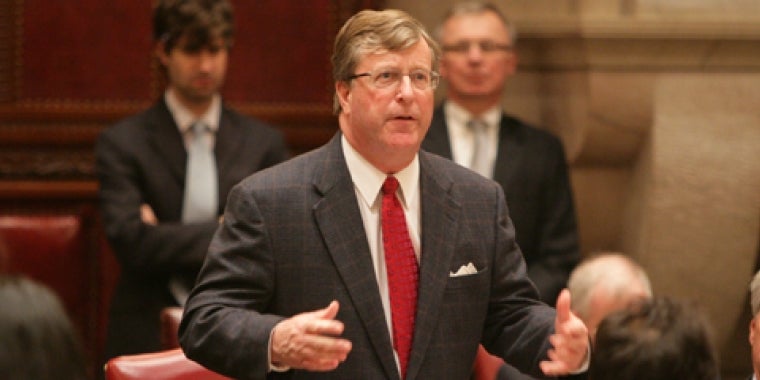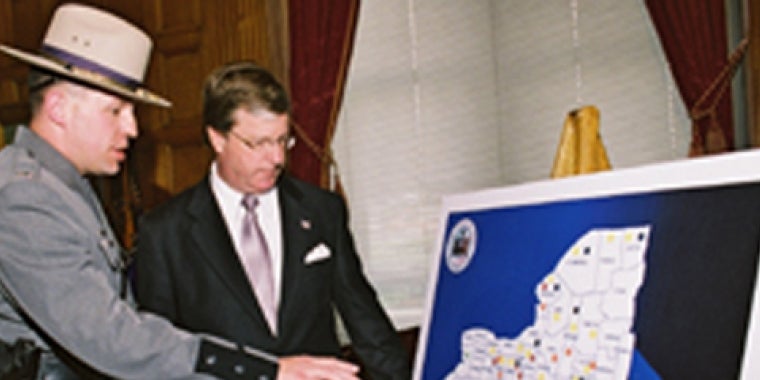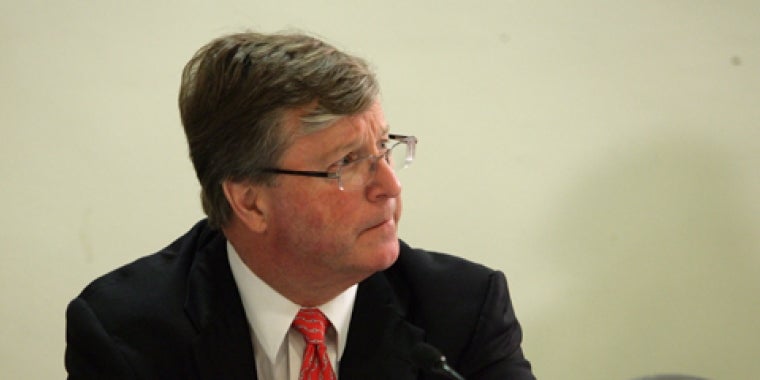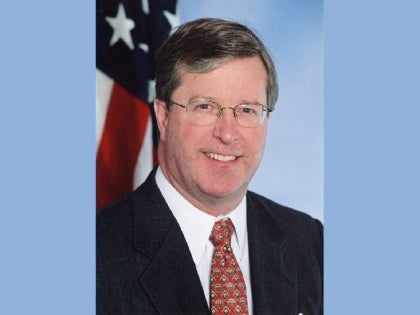
Senator Winner Voting 'No' on State Budget
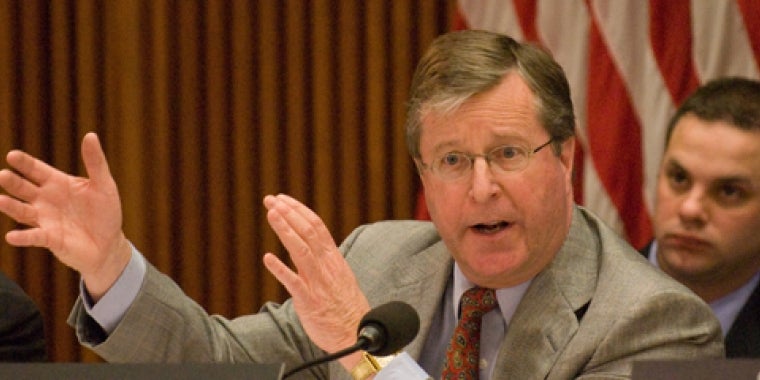
Albany, N.Y., March 31–State Senator George Winner (R-C-I, Elmira) said today that he will oppose the 2009-2010 state budget that state Democrats will begin approving today and that will soon be signed into law by Governor David Paterson.
“The three leaders went into a back room and cooked up a bad deal ( http://www.stargazette.com/article/20090331/NEWS01/903310323/1117/news ) for the people of the Southern Tier and all of upstate New York. I’m dead-set against this action. It's the most anti-Upstate budget in history. It’s sheer downstate Democrat audacity, and they admitted yesterday that they’re not done taxing us,” said Winner, referring to Paterson, Senate Majority Leader Malcolm Smith (D-Queens), and Assembly Speaker Sheldon Silver (D-Manhattan), who have been widely criticized by government reform advocates and others for negotiating this year’s $131.8-billion budget deal in secret.
Read more.
http://www.stargazette.com/article/20090331/VIEWPOINTS01/903310316/1121/VIEWPOINTS
http://www.theithacajournal.com/article/20090331/VIEWPOINTS01/903310352/1129
http://www.pressconnects.com/article/20090331/VIEWPOINTS01/903310339/1104/COMMUN05
Winner said the Democrats’ budget plan taxes too much, commits New York to unmanageable future spending and, worst of all, doesn’t contain a single new, meaningful initiative to jump-start the upstate economy. In fact, he said, the plan goes in the opposite direction by calling for the end to upstate New York’s No. 1 economic development tool, the Empire Zone program.
Winner said, “The largest tax-and-spend budget in state history and you can’t find room for anything meaningful for Upstate jobs? No property tax relief? Not a single tax break for an Upstate small business owner? No mandate relief? No mention at all about any commitment to the future of upstate New York? Give me a break. This doesn’t bode well for the people of the Southern Tier, it tells Upstate residents to pony up a little more and take a hike.”
Winner said that the Paterson-Smith-Silver budget agreement calls for ending the Empire Zone program by next June. The plan will also impose a higher 20:1 benefit-to-cost standard for businesses to qualify, which critics say is an unreasonable standard in the current economic climate and could essentially render the program unusable as a way to attract businesses and manufacturers to the area.
The head of the state’s leading business advocacy organization, Kenneth Adams, president of the Business Council of New York, ( http://www.bcnys.org/whatsnew/2009/033009budgetoutrage.htm ) called the Democrats’ plan “the worst budget ever.” Critics of the budget being acted on today are also stressing that it ignores pledges made earlier this year by Paterson and the Senate’s new Democratic majority that they were committed to addressing Upstate’s challenges. In his State of the State message in January, for example, Paterson said, “We must also reaffirm our commitment to specific programs and projects targeted at revitalizing Upstate.”
Winner said, “This budget is about as far as you can get from concern for upstate New York. The plain truth is that this budget tramples on any commitment whatsoever to Upstate jobs, families, and communities. This budget grabs upstate New Yorkers by the heels, turns us upside down and shakes our dollars and cents, our jobs, and our hopes for future economic security right out of the region. That’s right, this budget is an Upstate shakedown.”
The final budget increases spending by $10 billion and will also hike state taxes and fees by an amount approaching $10 billion. In addition to eliminating the state’s two-year-old STAR Rebate property tax relief program and raising state income tax rates, the final budget will also put in place higher taxes and fees on bottled water, utilities, SUNY students, owning and operating a motor vehicle (so-called “driver’s taxes,” including higher registration fees), wine and beer purchases, health insurance policies, wireless devices, auto rentals, and many more tax and fee increases that would impact individuals and businesses
